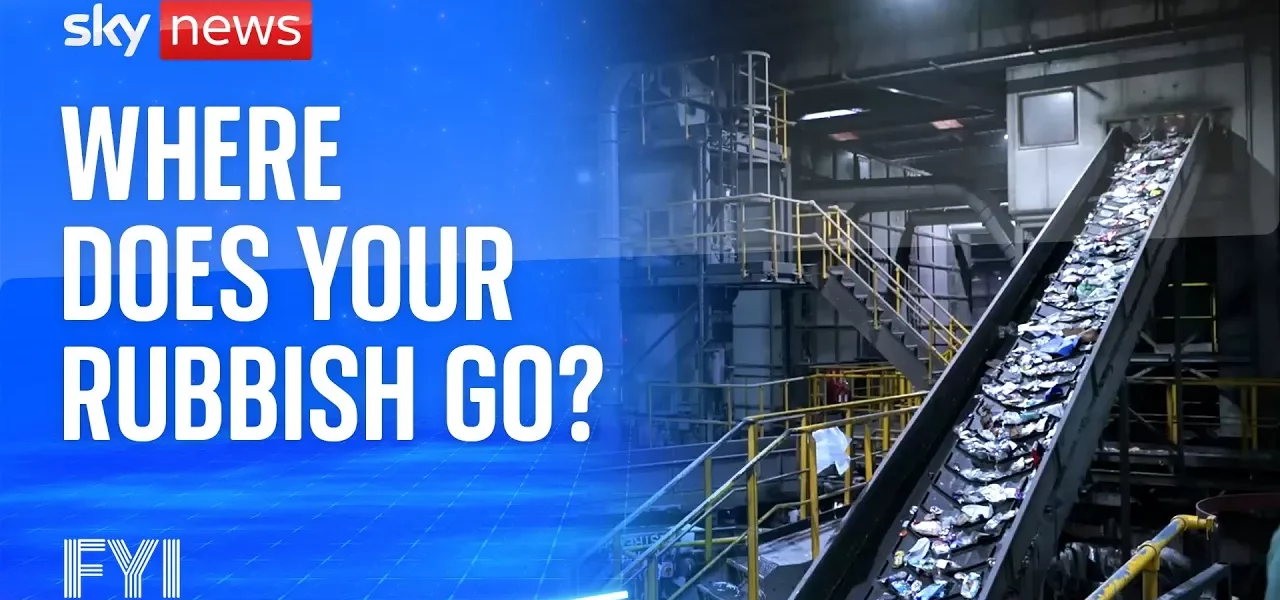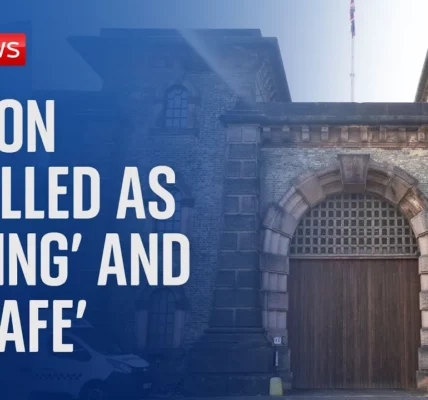What Happens When You Throw Away a Plastic Bottle?

Have you ever wondered about the journey of a plastic bottle after it leaves your recycling bin? Join us as we explore the fascinating recycling process at Bywaters facility in London, where 140,000 tons of waste are recycled each year. Discover how your actions contribute to sustainability and what you can do to improve recycling efforts.
Introduction to Recycling
Recycling is an essential component of modern waste management, aimed at reducing landfill waste and conserving natural resources. When you discard a plastic bottle, it embarks on an extensive journey. Understanding this process can empower individuals to make more informed decisions about their waste and recycling habits. At Bywaters recycling facility in London, a sophisticated system is in place to ensure that materials are properly sorted and processed, ultimately transforming waste into reusable products.
The Recycling Process at Bywaters Facility
At Bywaters, the recycling process begins with the collection of waste through large bin vehicles. Once the materials arrive at the facility, they undergo a comprehensive series of steps designed to maximize recycling efficiency.
Initial Sorting and Separation
The first step in the recycling process involves shaking and spreading the materials on a conveyor belt. This action helps to separate the different types of waste. Key machinery, known as polishing screens, plays a crucial role here:
- **Polishing Screens**: These machines segregate paper and cardboard from bulkier items like metals and plastics.
- **Conveyor Belts**: They transport materials to different sections of the facility for further processing.
This initial sorting is vital as it prepares the materials for the subsequent recycling stages.
The Importance of Proper Recycling
Despite efforts made at home to separate recyclable materials, the process at facilities like Bywaters reveals the complexity of recycling. Each item must be carefully examined and sorted to ensure it can be recycled effectively.
Environmental Impact of Plastic Waste
In the UK alone, 275,000 tons of plastic are used every year, and when not properly recycled, this waste can lead to severe environmental consequences. Some key points include:
- Plastic can take hundreds to thousands of years to decompose.
- Improperly disposed plastic contributes to pollution, harming wildlife and ecosystems.
- Plastic waste can infiltrate waterways, leading to broader environmental issues.
Statistics on Recycling Success
At Bywaters, the statistics are promising:
- Approximately 78 million plastic bottles are recycled each year.
- 96% of all waste processed at Bywaters is converted into new usable products.
One surprising fact is that recycled aluminum cans can be repurposed for various innovative uses, including in the manufacturing of space rockets for the International Space Station.
How to Enhance Your Recycling Efforts
To improve recycling outcomes, it’s essential to follow best practices. Here are some tips to ensure your recycling is effective:
Best Practices for Recycling
- **Keep It Clean**: Ensure that all items placed in the recycling bin are clean, empty, and dry.
- **Establish a System**: Create a designated recycling area in your home, making it easier to separate waste.
- **Stay Informed**: Check your local council’s website for guidelines on what can and cannot be recycled.
By following these steps, individuals can contribute to a more sustainable recycling process and minimize the environmental impact of waste.
Conclusion
Understanding the recycling process at Bywaters facility highlights the importance of proper waste management and individual responsibility. With 96% of the waste processed being turned into new products, it is evident that recycling plays a crucial role in sustainability. However, we must continue to improve our recycling habits, ensuring that we are not only separating waste at home but also doing so effectively. Let’s work together to reduce waste and protect our environment. To learn more about recycling and sustainability, visit our related articles on waste management practices.
“`




